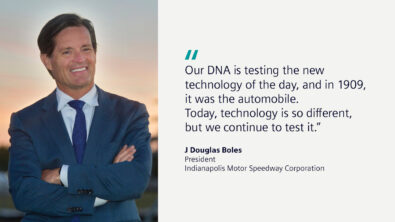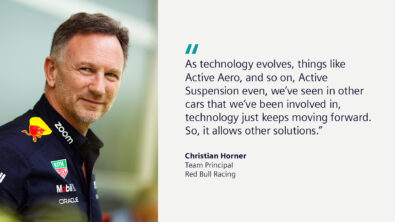The future of motorsports | What does it hold? | A Future Car podcast production
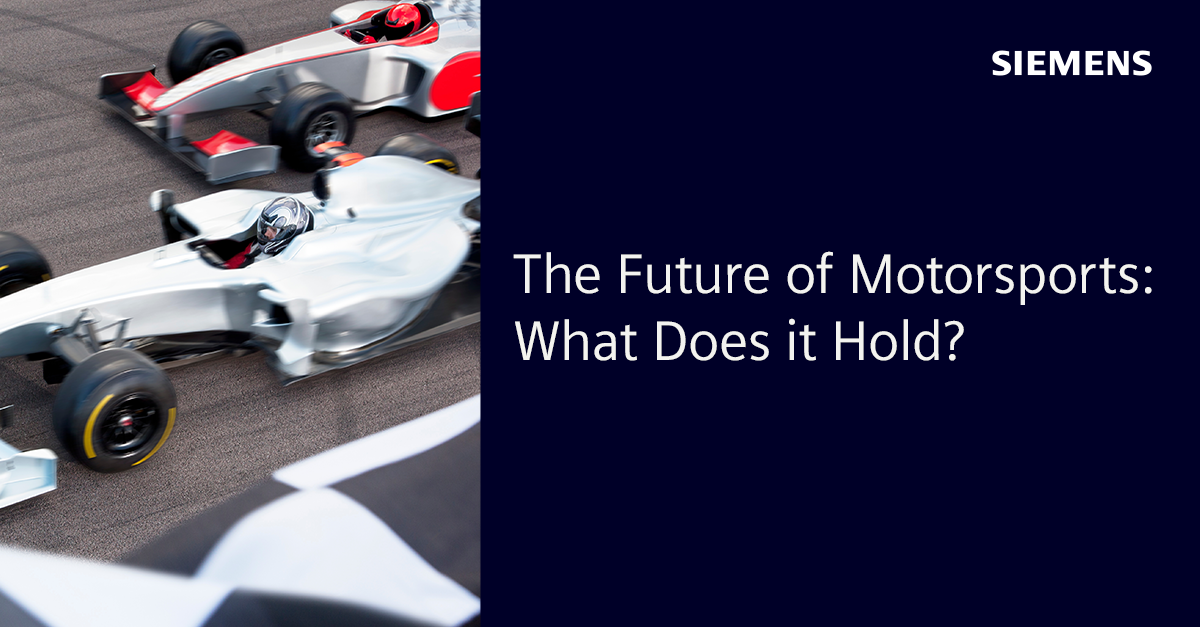
Listen to the latest Future Car podcast episode here 👇
Welcome back to the latest instalment of our Future Car Podcast, hosted by Ed Bernardon. Any die-hard motorsports fan knows that the different categories have changed drastically over time. Technology is a major contributor to this, but it’s not the only one. Other aspects like climate change and an evolving fan base are propelling change in the sport and molding it into something many of us never imagined it being. Think of the switch to hybrid engines made by Formula One in 2014.
Today, we’re looking towards the future and what it means for motorsports. How will the sport continue to change and what will be the biggest impacts of this change? Will something happen that we didn’t previously envisage happening. We’ll draw on conversations from some of our motorsport experts to gain expert perspective. Let’s take a look! 👇
Lucas Di Grassi | Formula E champion, former Formula One Driver
Let’s re-visit our episode with Lucas Di Grassi. Gaining the perspective of former drivers always gives us different, yet equally insightful take on the future direction of motorsport. We were curious to see know how Lucas predicts motorsport to evolve in the next decade or so.
I think at some point, having combustion cars that pollute the environment will almost be as impossible to see as a tobacco advertising nowadays. My prediction is that battery electric vehicles will dominate the market much more than any other technology for commercial cars, for private use and small vehicles. We’ll also probably have computer systems that drive better than any other racing driver on the planet.
Lucas Di Grassi | Formula E champion, former Formula One Driver
Bob Bell | Alpine Racing Strategic Advisor
What about those who command power within motorsport manufacturers? It’s their responsibility to recognizing a plethora of changes in motorsport, and how that is going to impact on a manufacturers strategic operations. Let’s see what Bob had to say.
The biggest difference between Formula E and Formula One right now is that Formula One is a constructors championship, where you design your own car. Formula E is a lot more standardized. Will the two merge in the future? Perhaps. But right now, Formula One is seen as the premium motor racing class. I think the focus will be on making power units more sustainable; they may become all-electric, or it might be that they continue to be hybrid with either fully sustainable fuels or with hydrogen.
Bob Bell | Alpine Racing Strategic Advisor
Alejandro Agag – Founder & CEO EXTREME E and Founder & Chairman FiA Formula E & E1 Series
Staying in the Formula E space, let’s get the perspective from Alejandro Agag. It’s critical for the chairman of FiA to truly understand the societal demands for a sustainable world, and how that is translated into technical regulations for manufacturers. Let’s take a look.
Hydrogen technology has predominantly focused on batteries mainly, but there are other technologies too. Hydrogen fuel cells can use the hydrogen fuel cell to charge a battery that then powers the electric motors. We’re talking about an electric car that basically stores the energy in a different way. Hydrogen is really a storage mechanism, not really an energy source; that’s Extreme H.
Alejandro Agag | Founder & CEO EXTREME E and Founder & Chairman FiA Formula E & E1 Series
Mario Andretti | Racing Icon and Library of Congress Living Legend
Let’s round things off and go full circle by re-visiting another legendary ex racing driver. Mario Andretti is a staple name in the world of motorsports, and his passion for sustainable racing continues to push technologies forward. Let’s get an idea of his thoughts on the future of racing.
Racing is part of technical innovation; there’s room for everything. There’s always a drive to be more efficient; it’s the time to develop something that is sustainable as possible that can be filtered down to the production side. So I encourage all these aspects of technology. The one thing I don’t endorse is ‘oh yeah, everything is going to be electric.’ That’s not sustainable either; there’s other problems with that aspect.
Mario Andretti | Racing Icon and Library of Congress Living Legend
To wrap up…
So, as you’ve just heard, the future of motorsports is indeed bright. But what exactly it will entail is not so easy to predict. Trends towards sustainability and changes in fan experience will certainly play a big role in any major shifts as well as technologies like alternative fuels or even AI. Like all changes, we will probably be uncomfortable in the initial period of adjustment. But this isn’t anything motorsports hasn’t dealt with before. Thanks for tuning in.
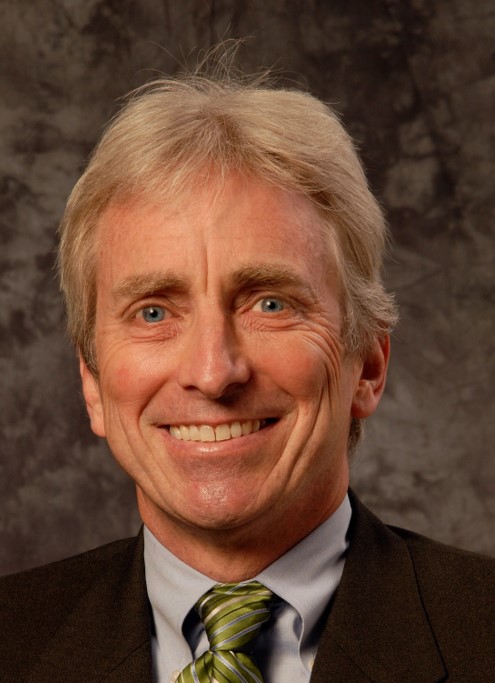
Ed Bernardon, Vice President Strategic Automotive Intiatives – Host
Ed is currently VP Strategic Automotive Initiatives at Siemens Digital Industries Software. Responsibilities include strategic planning in areas of design of autonomous/connected vehicles, lightweight automotive structures and interiors. He is also responsible for Future Car thought leadership including hosting the Future Car Podcast and development of cross divisional projects. Previously a founding member of VISTAGY that developed light-weight structure and automotive interior design software acquired by Siemens in 2011. Ed holds an M.S.M.E. from MIT, B.S.M.E. from Purdue, and MBA from Butler.
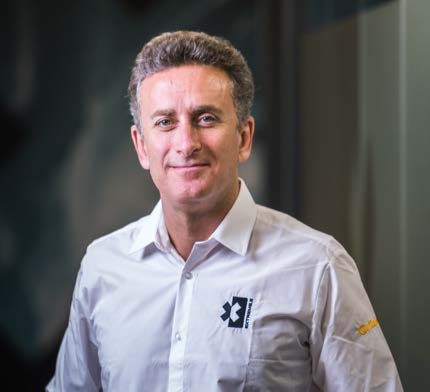
Alejandro Agag – Founder & CEO EXTREME E and Founder & Chairman FiA Formula E & E1 Series
Alejandro Agag is a former Spanish Politician, businessman, entrepreneur and visionary; Founder & Chairman of Formula E, Founder & CEO of Extreme E and Founder & Chairman of the new E1 series. Having won a seat in the European Parliament, becoming the youngest Spanish person to ever do so at the age of 28, Alejandro decided to leave the world of politics and move into motorsport. He began Formula E Holdings, winning the tender to promote the new FIA Formula E Championship the fastest-growing category in racing. Other ventures include Extreme E, a brand new electric off-road racing series that highlight the devastating effects climate change is having on our environments and E1, an Electric powerboat series with a boat that will revolutionize marine mobility. Agag also serves as Chairman of the Advisory Board of Planet First Partners, an impact investment fund focusing on sustainability transition
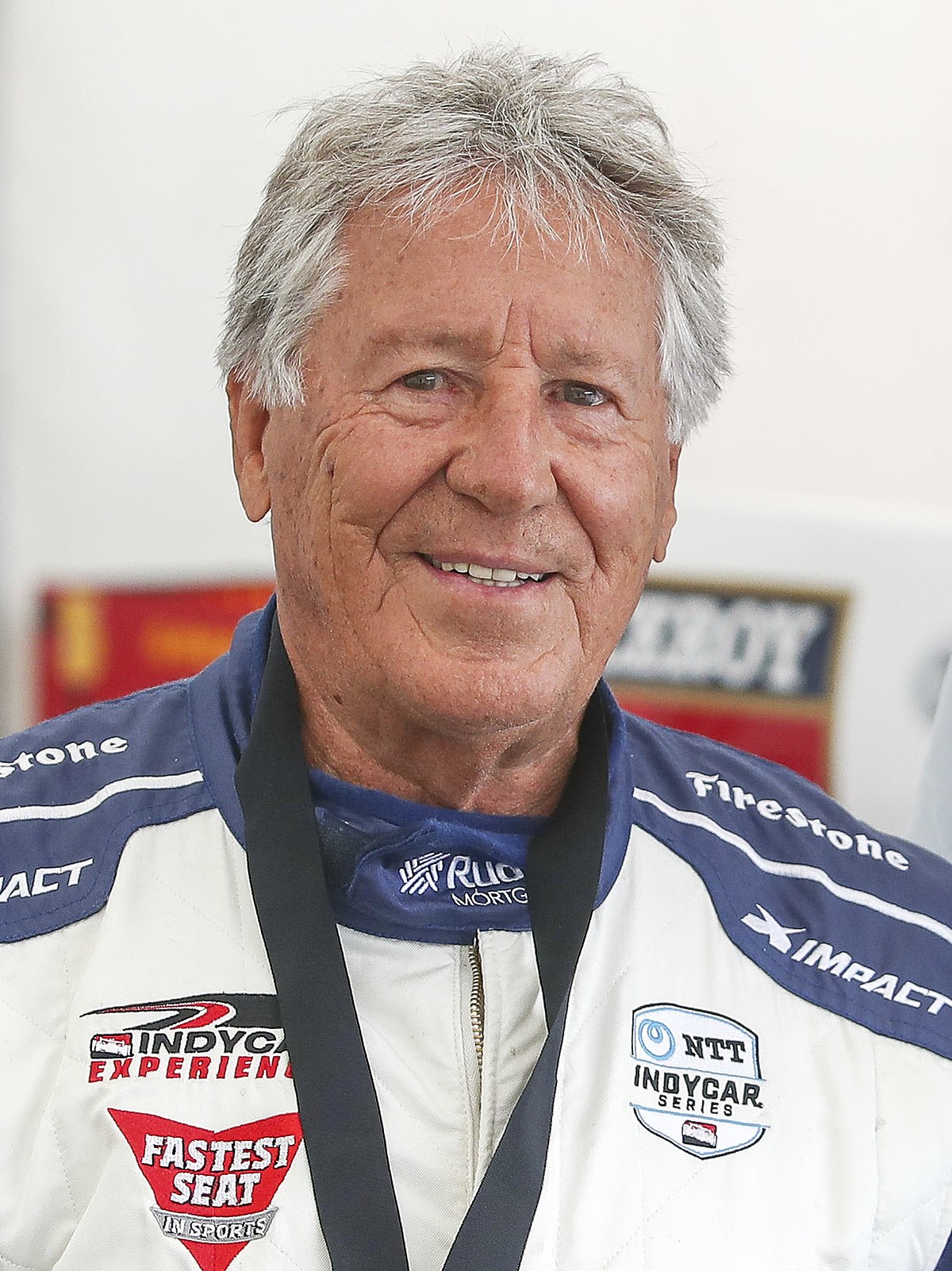
Mario Andretti, Racing Icon and Library of Congress Living Legend
Mario Andretti was named a Library Of Congress Living Legend that has had a great impact on our society, culture, and technology. He was knighted in his native Italy, GQ Magazine named him one of the 25 Coolest Athletes of all time and he was in the first Pixar Cars movie voicing himself. In addition to all that, he is considered by many to be the greatest racecar driver in history as the only one to have won the Daytona 500, the Indianapolis 500, and the Formula One championship.

Bob Bell, Alpine Racing Strategic Advisor
Over the course of his career, Bob has worked in a technical or managerial role that has helped secure nine Constructors’ Championships and 10 Drivers’ Championships. He graduated from Queen’s University Belfast with a PhD in Aeronautical Engineering in 1982 he then worked with McLaren International as Head of Aerodynamics, Research and Development. He then moved to Benetton Formula One as Senior Aerodynamicist, Jordan Grand Prix as Head of Vehicle Technology, Renault F1 Technical and Managing Director roles, before joining Mercedes-Benz Grand Prix Ltd as Technical Director from 2011 to 2014. Bob joined Renault Sport Racing in 2016 as Chief Technical Officer, overseeing the outputs of both the Viry and Enstone sites to provide a strategic approach to their endeavours. Bob is currently Alpine Racing Strategic Advisor.

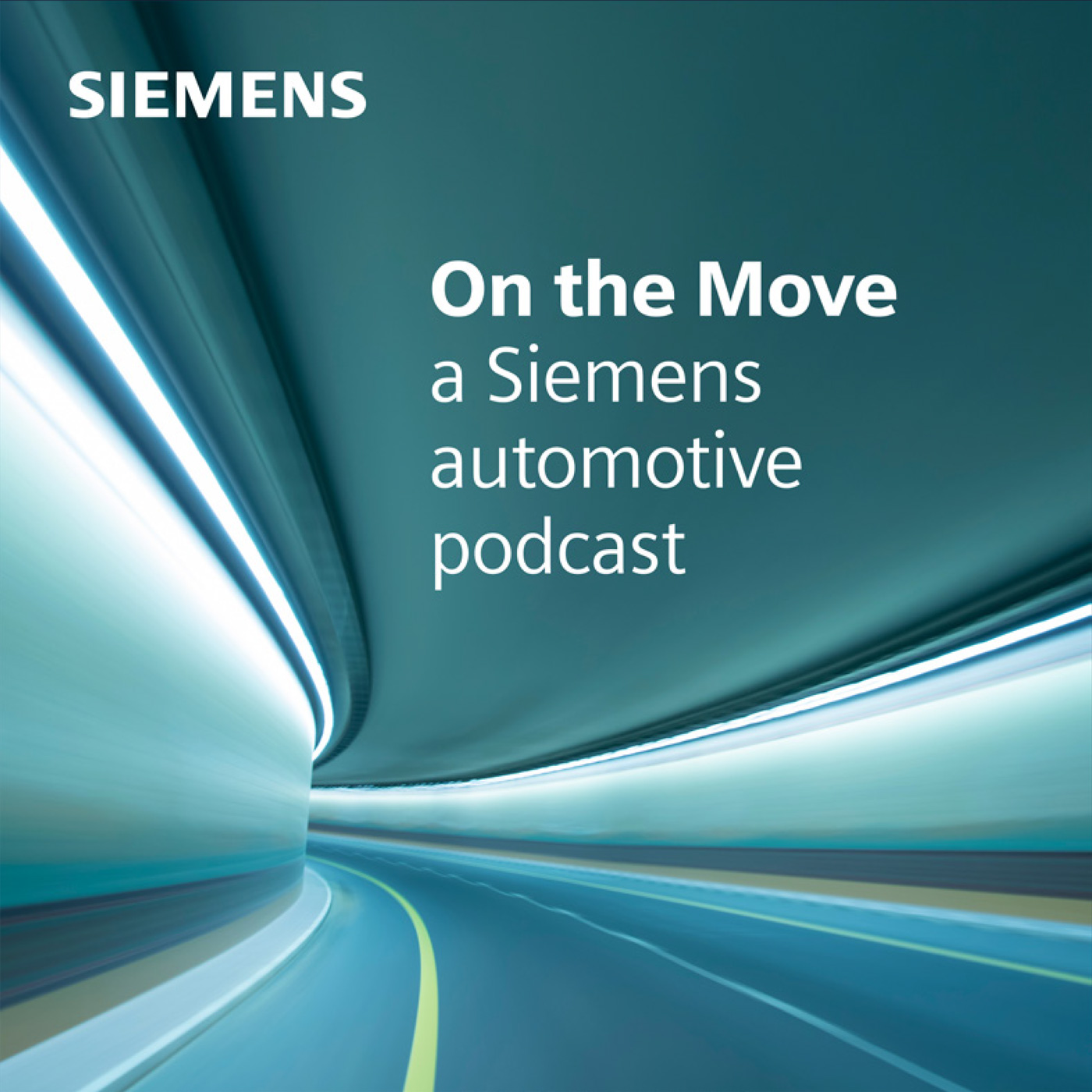
On the Move: A Siemens Automotive Podcast
The automotive and transportation industries are in the middle of a transformation in how vehicles are designed, made, and sold. Driven by an influx of new technologies, consumer demands, environmental pressures, and a changing workforce in factories and offices, automotive companies are pushing to reinvent fundamental aspects of their businesses. This includes developing more advanced and capable vehicles, identifying new revenue sources, improving customer experiences, and changing the ways in which features and functionality are built into vehicles.
Welcome to On the Move, a podcast from Siemens Digital Industries Software that will dive into the acceleration of mobility innovation amid unprecedented change in the automotive and transportation industries. Join hosts Nand Kochhar, VP of Automotive and Transportation, and Conor Peick, Automotive and Transportation Writer, as they dive into the shifting automotive landscape with expert guests from Siemens and around the industry. Tune in to learn about modern automotive design and engineering challenges, how software and electronics have grown in use and importance, and where the industries might be heading in the future.

